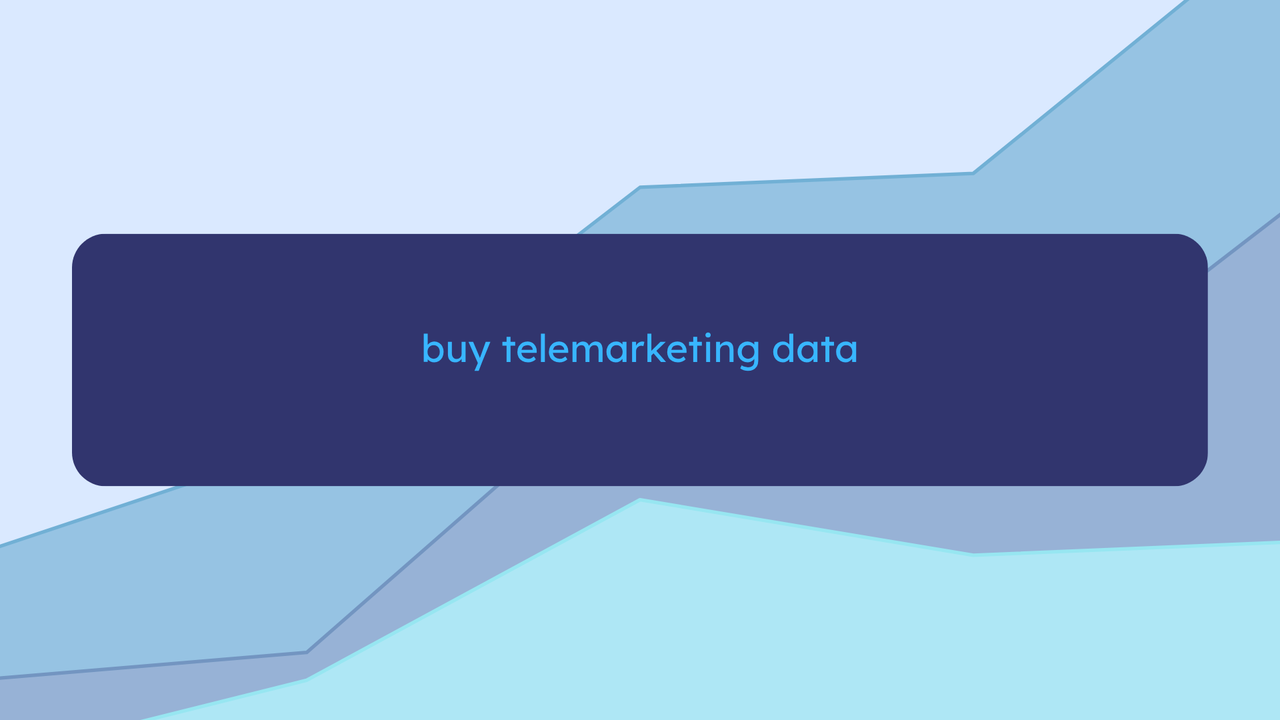From a press relations standpoint, I think that the best solution to attempting to quell negative perceptions about a business is to address them directly. Find the source and the reason for the buy sales lead complaints and, if necessary, make changes to the business model to appeal to the consumer. A customer that was turned away may find a reason to come back if the company genuinely seems concerned about its perceived image.

From a search engine optimization standpoint
The obvious answer is to manipulate the search engine results page to the favor of your company. Multiple search engine optimization strategies exist for having a clean front page across branded keywords, and it would be a priority for any search engine marketing staff in the employ of the company to enact strategies that will lead to the success and seemingly positive image of the company.
It is up to you to decide what approach to take
Some companies may find that both approaches work better; some companies may find that masking the bad with some good will go a longer way. As someone who's built his personal brand on the web, I'd say being proactive in building that brand is essential. For e.g. when you google my name, the first thing you'll find is my marketing blog. In addition you'll also find my LinkedIn profile that protects my online reputation. For those who don't have the time to post content every day, a LinkedIn profile is a great way to maintain that brand with less investment of time.
As for businesses
The best thing would be to create your own online publication (a corporate blog being the easiest) that puts forth your point-of-view but also actively responding to other legitimate bloggers is also recommended. It depends on the class of negative result. For example, is there because of ignorance? Or malice by a competitor? If so, these are reasonably easy to work with and they require a direct approach to the person responsible for the information.
On the other hand
If the negative information is justified in some way, attacking the source is the wrong thing to do. You need to go back to the reasons why you are being seen negatively. Is it a systemic problem? Was it a one-off? Is the forum public? For example, if someone had a bad experience that was not typical, and the post is on a public forum, you could post an apology and offer them some form of reasonable compensation (not cash).
If the problem is systemic
can you fix it? If the answer is yes, do so and then promote your changes. If the negative information is public, add details about what steps have been taken to correct the problem and add links to your press release.
Authors run into this
All the time with negative book reviews. For the most part even a negative interview is positive since many people will buy the book just to find out if the publisher of the comment is correct. Spend less time on the negative comments and focus on the positive. I'm not sure that I would attack it dead on, especially if the site or person in question has little authority. Rather, I think I would recruit advocates to promote my business or brand. I think it having your clients or colleagues speak to your strengths holds much more weight than you doing it yourself.
We're seeing a current
Blog battle ensuing online right now between TechCrunch and BlogNation and I really believe that it's making both parties look terribly childish.
We actively pursue positive feedback and online recommendations from customer and business partners and then aggressively market those online just as much as anything else we do. You can find 11 recommendations for me on LinkedIn alone and then several other places such as Judy's Book, our website (www.TeamReba.com), and anywhere else we can post them.
One way we get the feedback and online recommendations/testimonials is by recruiting clients close to the time they've completed a transaction with us so we are still top of mind with them. We also send out feedback forms which have a section for comments that we then ask the client if we can use their remarks for marketing purposes. Most say yes. Others are even more responsive and ask us if we would like them to write something specific about our work for marketing reasons but we usually ask them just to write from the heart and their specific experience - we want these comments to be real and not composed.
While much of this can be time consuming it is very much worth the time and effort. At this stage we have our assistant help with the follow up although I will also personally ask some folks specifically for whom I'd like a testimonial.
Luckily I haven't really had to deal with this, although I have had clients who did.
The best defense may be a good offense in this case. I.e., having a Web page, blog, podcast, linked in page, etc., can push negative comments off the first page of search results.
I also recommend to people to have a blog; if someone's going to lob a PR bomb at me I'd rather have home court advantage.
If the result was somewhere where I could tell my side of the story W/O looking defensive, I might try that as well.
However, if responding stoked the fire, I might just let it rest.
Posted on January 08, 2008 at 09:48 AM | Permalink
Technorati Tags: branding, conversational media, social media, spoke







